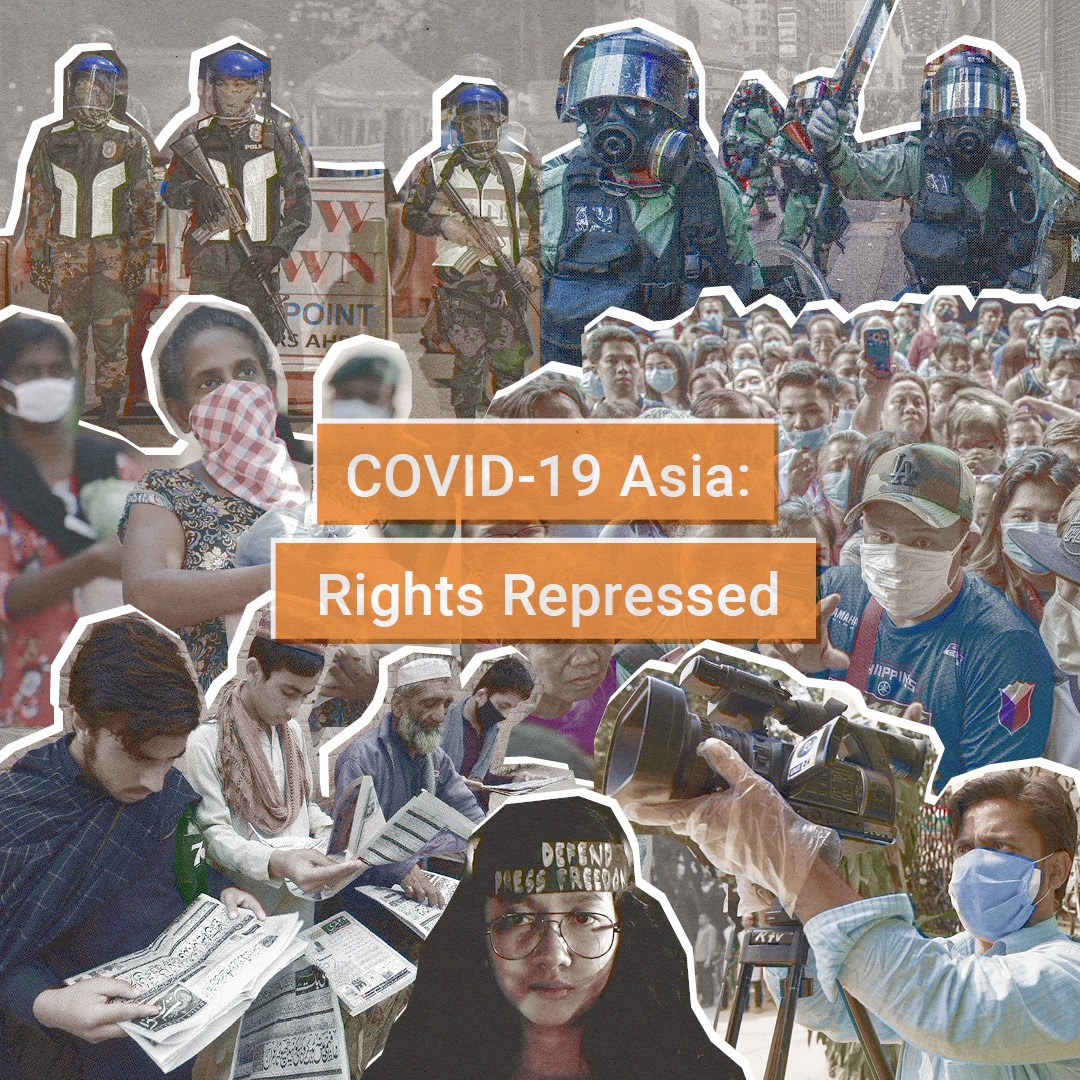
Nowhere to go: Broken promises by authorities during Covid trap Nepali migrants between a rock and a hard place
One third of Nepal’s population works outside the country; most of the migrant workers look for work in India. But as Covid-19 cases explode in their much larger neighbour, desperate Nepalis find themselves weighing unenviable options: walk away from joblessness in Nepal, or run from the virus in India.
As this video by Herne Katha shows, the pandemic has further exposed the apathy and ineptitude of political leaders on either side of their lives and only sharpened the precarious edge on which millions of Nepali lives teeter. Either way they go, they’re trapped.
“Beyond the border”
The story of poverty-stricken Nepali migrants at the Nepali-Indian border is the story of broken promises and the inaction of local authorities to ensure the right to a decent living for their citizens during the pandemic. Boys as young as 13-16 travel to India for work under difficult conditions only to return to Nepal after the pandemic forces job losses in India.
However, with no income source in Nepal, they are again forced to leave their families and return to India when they should be with their families during the Nepali October festival season.
Covid-19 has thrust people in mid and far western region of Nepal into even deeper poverty with the government as a silent bystander.
Herne Katha is a Nepalese online, video-based media outlet. They produce YouTube-based web series of untold stories of ordinary people in the format of short documentaries or short video pieces from across the country, including citizen journalism.
Number of infected decreasing
Nepal had confirmed only its second Covid-19 case when the government ordered a nationwide lockdown on 24 March 2020. The lockdown was lifted by 21 July, only to be reimposed within a month. By then the number of cases was rising exponentially in the capital city of Kathmandu. Government efforts to contain the spread of the virus have been widely criticised by the people of Nepal, one of the least developed countries in South Asia. Its economic situation has been compounded by Covid-19’s disruption. The growth rate for the country’s economy heading into the final quarter of 2020 was 0.25 percent, drastically down from the average 6.5 percent growth in recent years. It is difficult to find precise data on job losses in the time of Covid-19, but it is clear that among the most badly affected sectors are tourism and hospitality, education, lifestyle and entertainment, the largest grouping of daily wage earners.
By the end of September the government of Nepal had again lifted the nationwide lockdown, even as Covid-19 cases continue to climb, and hospitals and the health system have been acknowledged to nearly be filled capacity.
As of mid-October, there were more than 36,000 active Covid-19 cases in the country, out of total confirmed cases of more than 115,000. Nearly 80,000 (around 68 percent) are counted as recoveries, while the death count throughout the period so far stood at 663.

Covid-19 Asia: Rights Repressed
In the Asia Rights Repressed Journalism Series, six media outlets from Nepal, Indonesia, Myanmar, Pakistan, Cambodia and the Philippines document how Covid-19 is being used to repress political, social and economic rights, affecting in particular, the most vulnerable.

